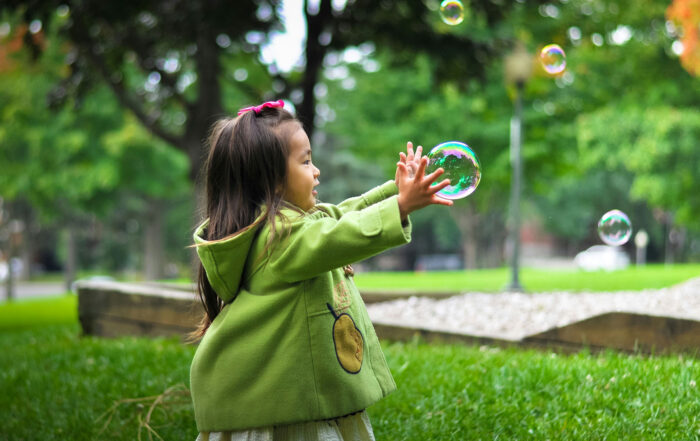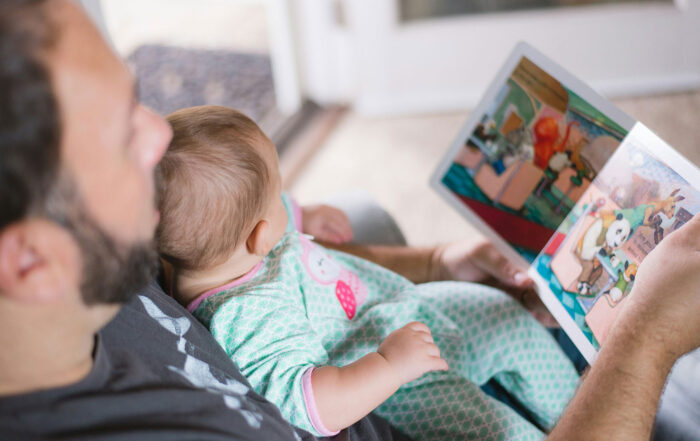
By Kelly L. Burns, MA, LPC, ATR-P
A traumatic bond occurs when you are involved in an abusive relationship, and the abuser becomes an essential part of your life. Abusive relationships are common, and the statistics are alarming. According to The Hotline, approximately 15% of women and 4% of men have experienced an injury as a result of IPV (Intimate Partner Violence) which includes rape, physical violence, and stalking. People in these relationships struggled to leave their partners for a variety of reasons. Additionally, if you are dating someone with PTSD, it’s important to understand the condition and it can impact your relationship.
Share This Post!
California Surgeon General on Covid: ‘Greatest collective trauma’ of a generation
By Maanvi Singh When Dr. Nadine Burke Harris was first appointed California surgeon general, she set out to address the toxic stress and trauma plaguing the state’s most vulnerable residents. Then [...]
States Address ACEs and Trauma and Build Resilience
By Anna Heard Adverse childhood experiences (ACEs) are potentially traumatic events that can affect a person’s health, well-being and success into adulthood. The COVID-19 pandemic has exacerbated these dynamics by disrupting [...]
Adult ADHD and Childhood Trauma: Is there a link?
By Keri Wiginton If you’re an adult with ADHD, you’re among millions of other grownups who also live with it. Scientists know your genes play a major role in your chances [...]
Uvalde Shooter exhibited ‘almost every warning sign’ expert says
By Nadine El-Bawab The Texas House of Representatives committee report on the Robb Elementary School shooting revealed the accused school shooter exhibited many warning signs in the years, months and days leading [...]
Traumatic Bonding
By Kelly L. Burns, MA, LPC, ATR-P A traumatic bond occurs when you are involved in an abusive relationship, and the abuser becomes an essential part of your life. Abusive relationships [...]
Ukraine’s First Lady Olena Zelenska Takes On the Trauma Of War
By Simon Shuster/Kyiv lena Zelenska, the First Lady of Ukraine, got to bed late on the eve of the Russian invasion. Her kids were long asleep in the presidential residence south [...]







